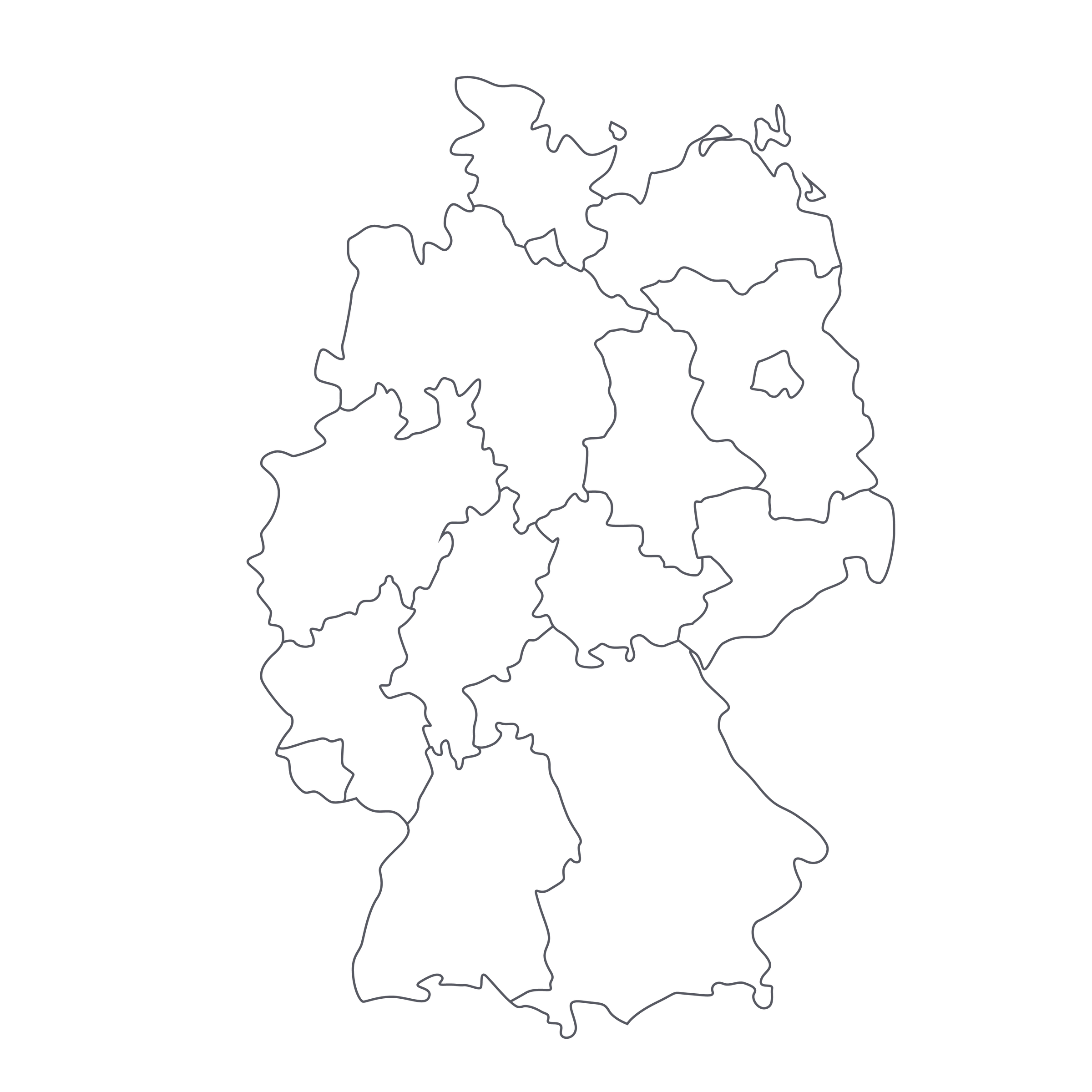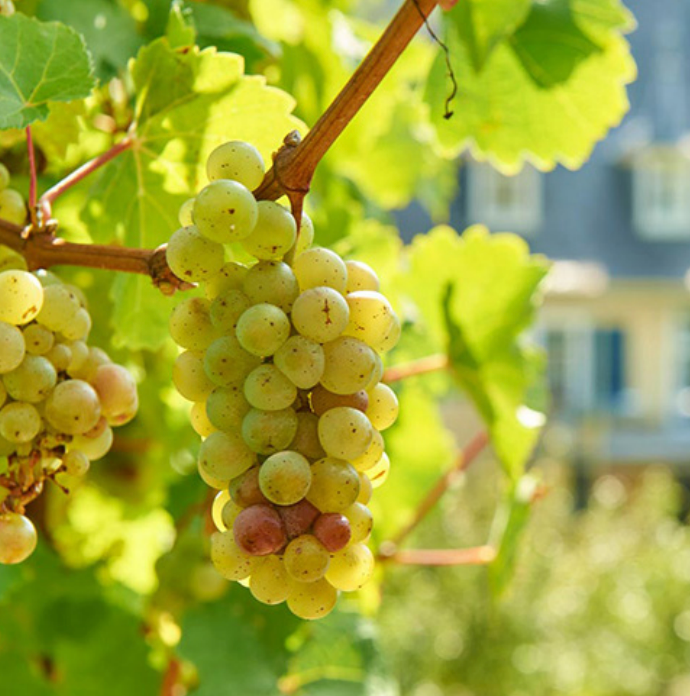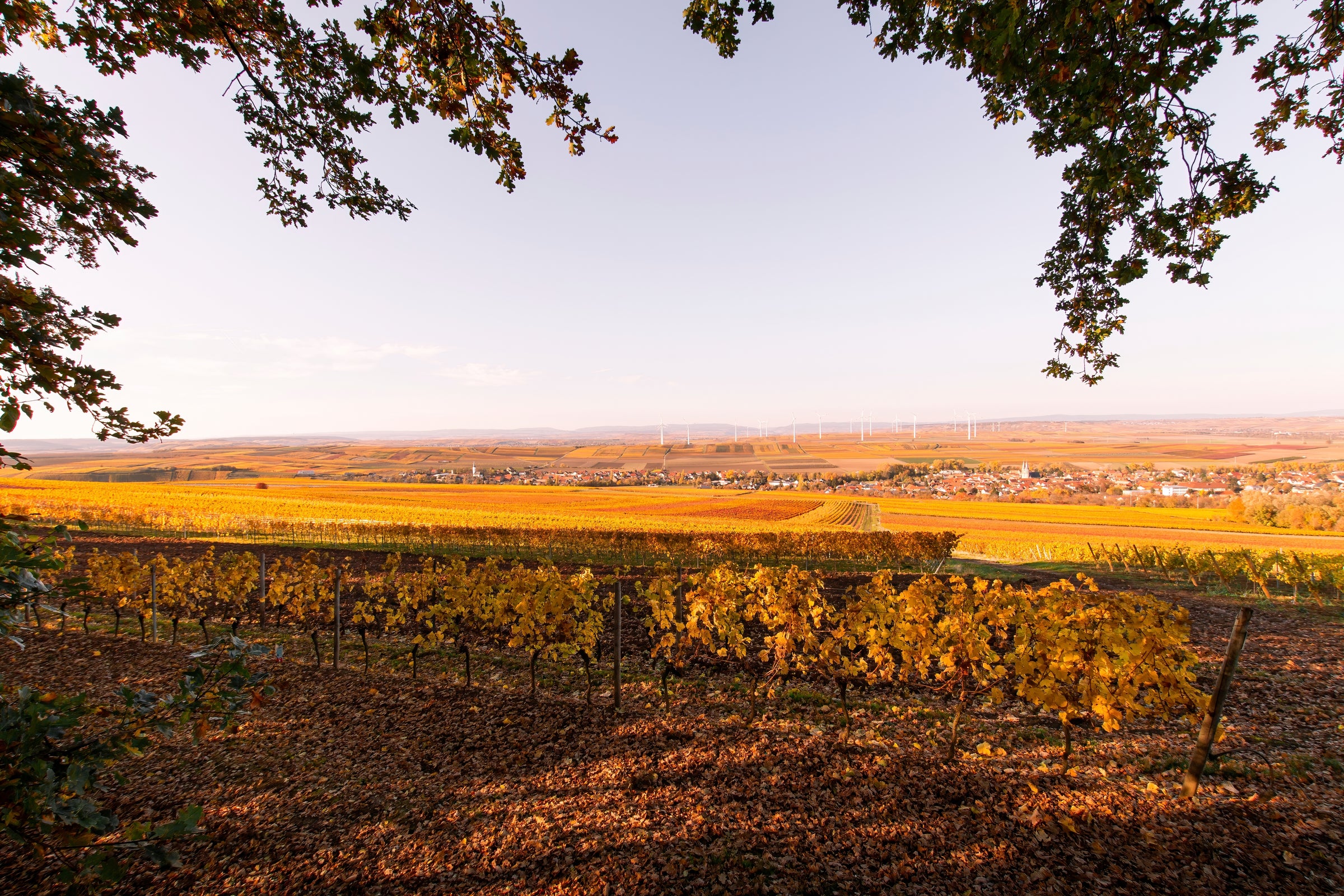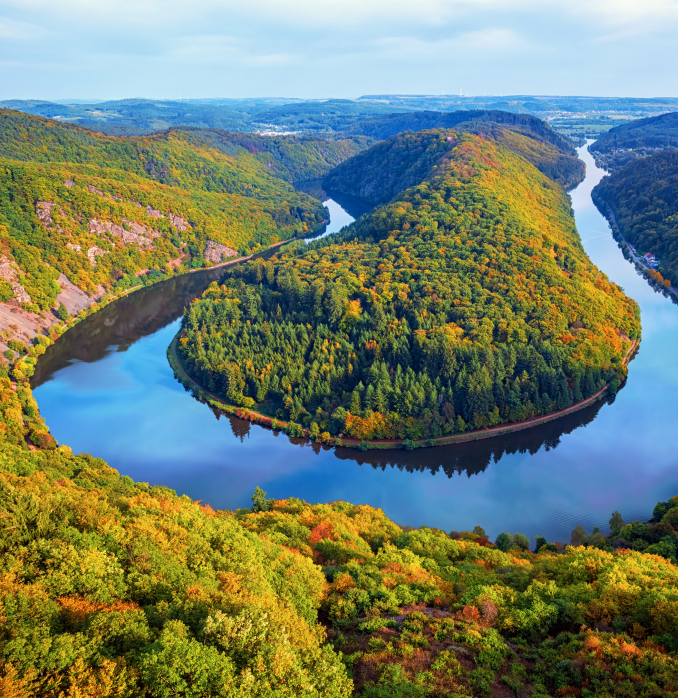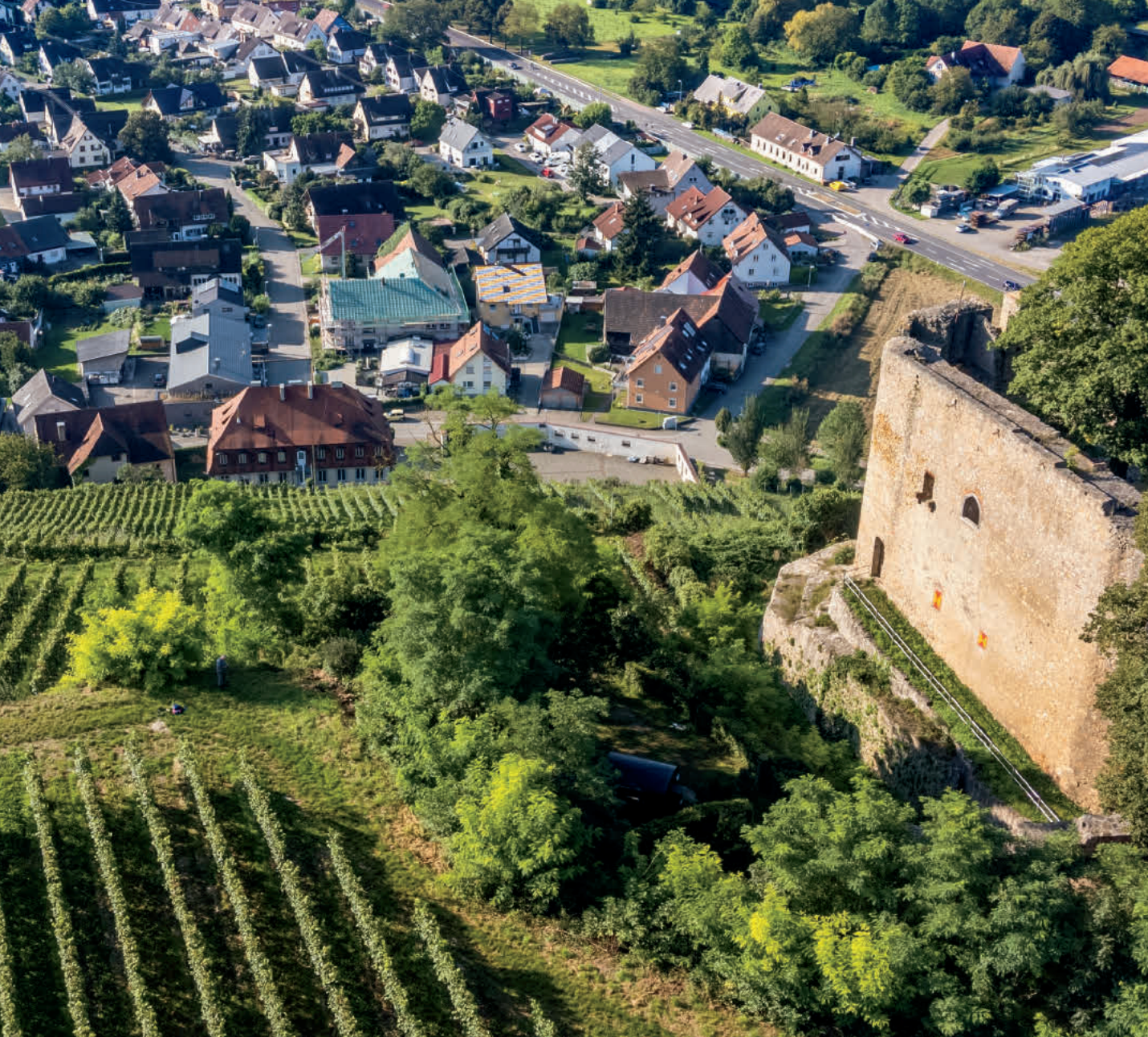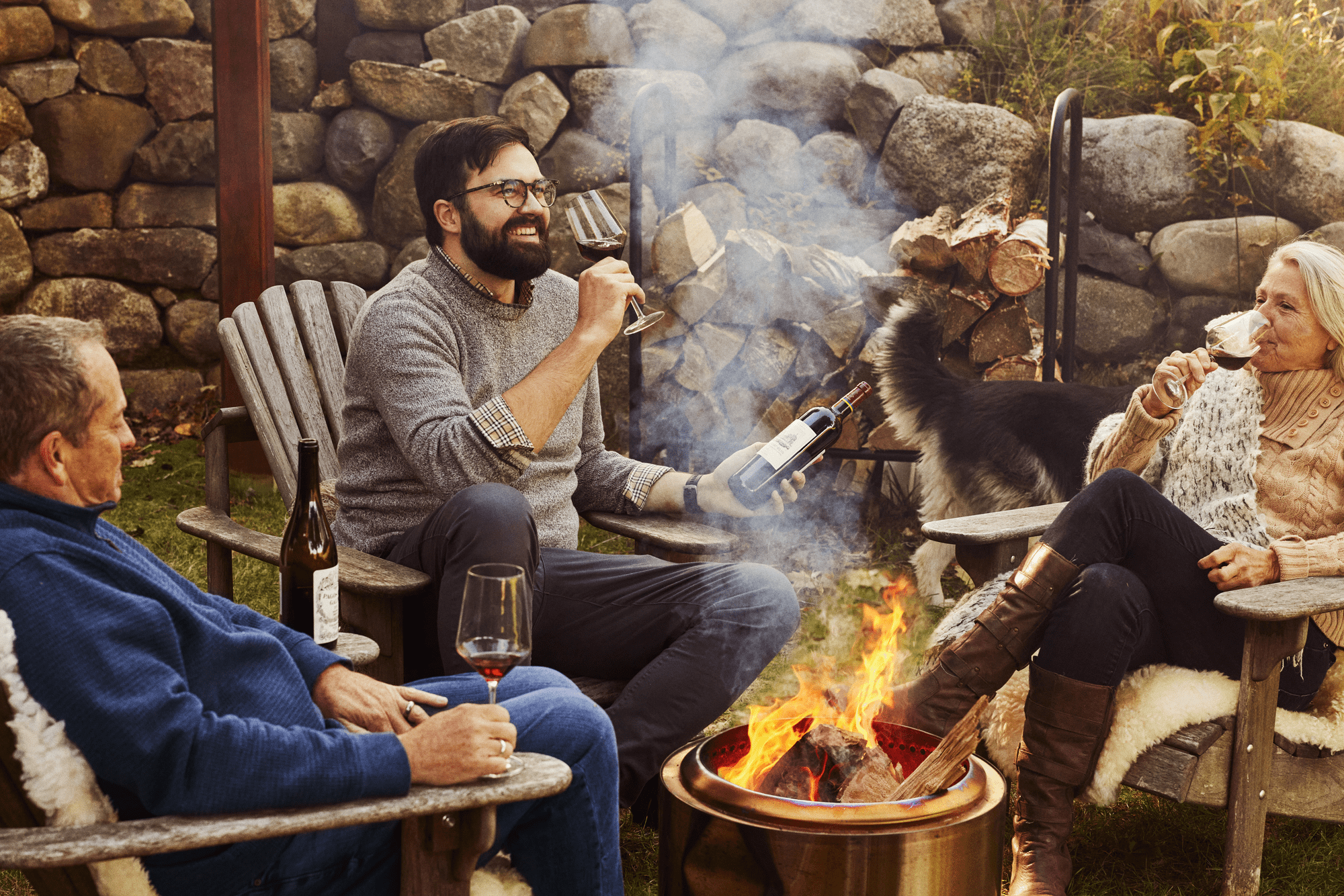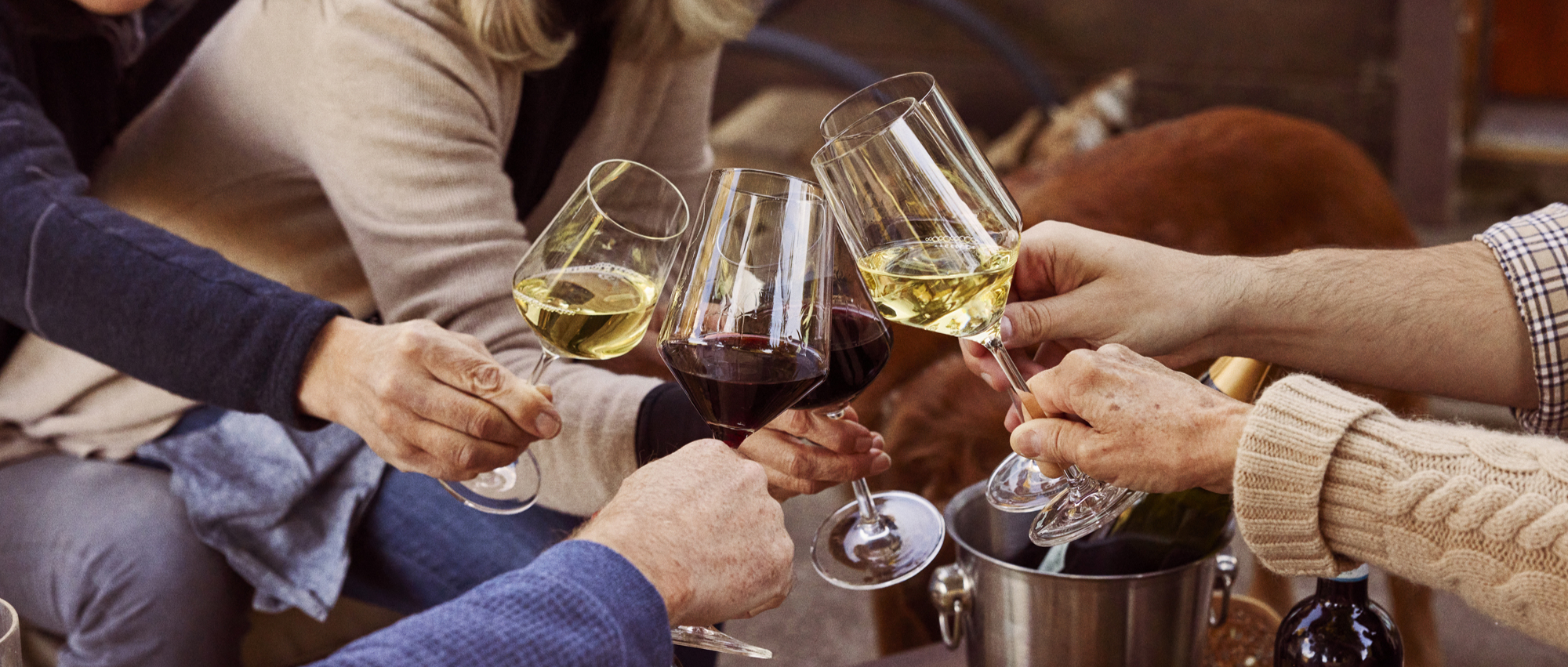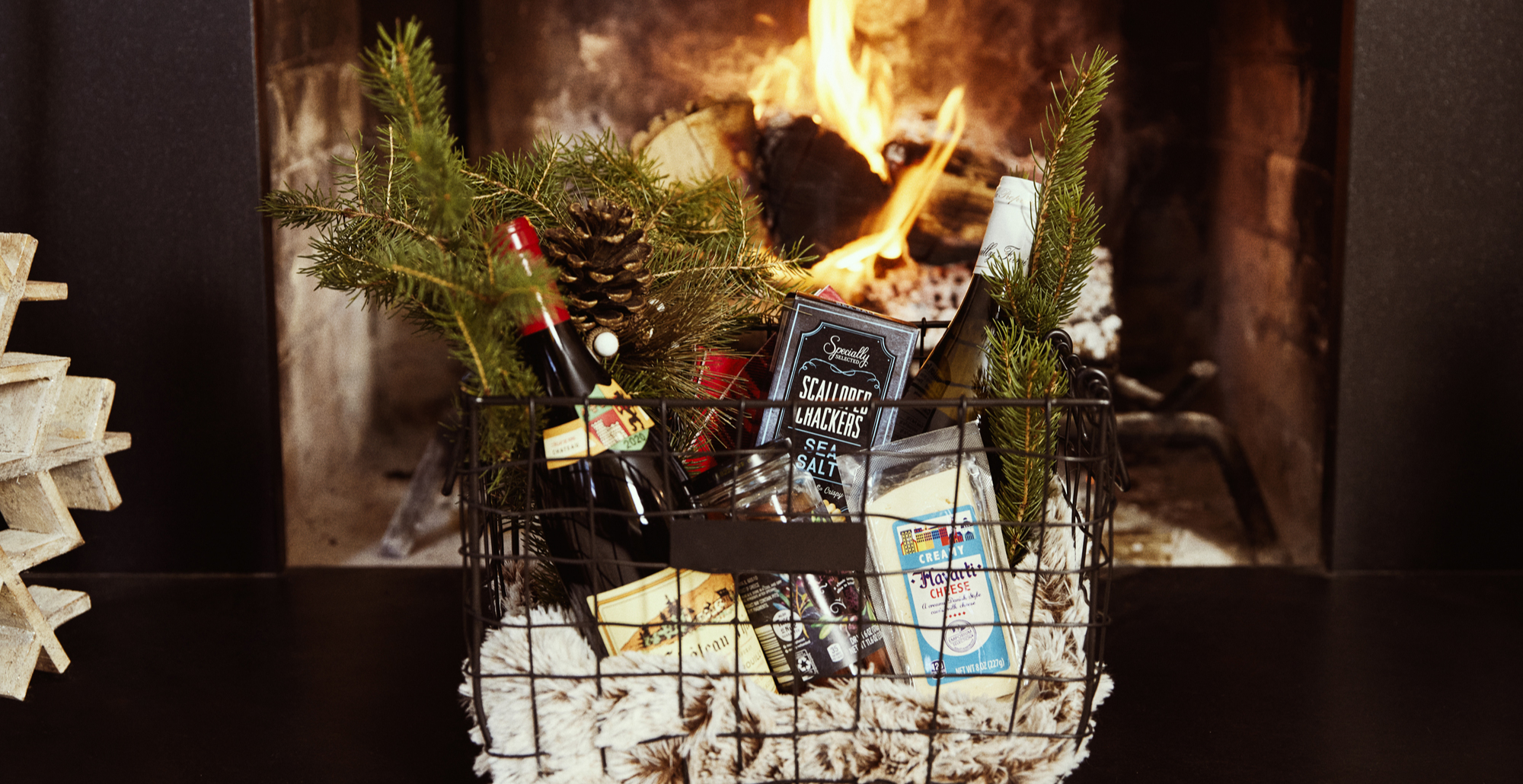Today’s offer is not for Riesling “tourists” or casual drinkers, but rather the most passionate, die-hard Mosel collectors who simultaneously seek out rarities and genuine articles. The producer? An 11-generation, 351-year Riesling powerhouse. The vineyard? A small yet exceptional monopole clinging to 400 million-year-old blue slate slopes. The production size? Tiny, with just 250 cases distributed across the globe. Truly, this terroir supernova has it all, including a classic and specially requested label that pays tribute to the Dominican monks of centuries past.
Now with five years of age (and 10+ to go), this Kabinett has the perfect sweet/savory balance, lush three-dimensional fruit, and impossible-to-mimic soil character that makes top Mosel bottlings the standard against which all other Rieslings are judged. You’ve depleted several Dominikaner-Keller offers over the years, but none of them have ever clocked in at a price this low. So, a recap: Micro-produced, mono-parcel, perfect-provenance Kabinett Riesling for $25, and to top it all off, this parcel was sourced directly from von Nell-Breuning’s ancient, carved-from-limestone cellars—connoisseurs, take note!
When Peter Christian Nell started farming vines in the 1600s, he didn’t know that he was birthing a historic wine dynasty that would span hundreds of years and nearly a dozen generations (and counting). Over the centuries, this family has seen their fair share of celebrities, too: In the 1780s, Ludwig van Beethoven was a dear friend who taught them music and subsequently swooned for Eleonore von Breuning—his first love. And, as with most first loves, it went unrequited, prompting him to dedicate a number of compositions to her. The family’s famous encounters continued into the 19th century when Emperor Napoléon Bonaparte dined and drank their wines at the family’s guest house. It wasn’t until 1890, however, that a proper vineyard in the town of Kasel (archaically known as Casel), along with a cellar, was constructed by Oskar von Nell. From there, winemaking took off. Fast-forward a few generations and you come to Dr. Carmen von Nell-Breuning, who, as of 2013, has been proudly carrying and preserving the family’s incredible wine heritage.
rn
The village of Kasel lies east of Trier, where the Ruwer River meets the larger Mosel. Within this hamlet, you’ll find the steep, slate-rich aleinbesitz (German for monopole, a vineyard that’s exclusively owned) of “Dominikanerberg.” The Von Nell-Breunings are keen on farming sustainably—practicing biodynamic since 2019—and their old vines here must be worked by hand, due to inclines that reach up to 50%. I’ve actually teetered along the edge of Dominikanerberg and looking down made me wonder how people actually do the work!
rn
This 2016 Kabinett fermented in stainless steel and then aged briefly in large, old oak fuders. After bottling, it then rested in the original family cellar for another four years before making its way into America. We also asked the family to apply their old-school label and original estate name (Dominikaner-Keller) to today’s special parcel. This traditional look reflects the history behind the estate when it was owned and cultivated by Dominican monks before secularization.
rn
Even though I’ve enjoyed an innumerable amount of classic off-dry Rieslings over the years, I’m shocked at how well this 2016 “Dominikanerberg” Kabinett hides its residual sugar. The wine greets your tongue with an electric charge of sweet citrus and tropical fruit but by the mid-palate, roaring waves of mouthwatering acidity and searing crushed-slate minerality have already transformed it into a deliciously ripe and seemingly dry Riesling that overflows with lime peel, green mango, petrol, yellow peach, and honeysuckle. If you keep the drinking temperature around 45 degrees, this goes down freakishly quick, but there’s no need to feel guilty seeing as this is a wildly refreshing white that clocks in at just 8% alcohol. It would be remiss of me to not share the aging potential of authentic off-dry Riesling: Yes, it’s ready to enjoy now, but the profound combination of acidity and sugar here will keep this singing for another decade-plus!
